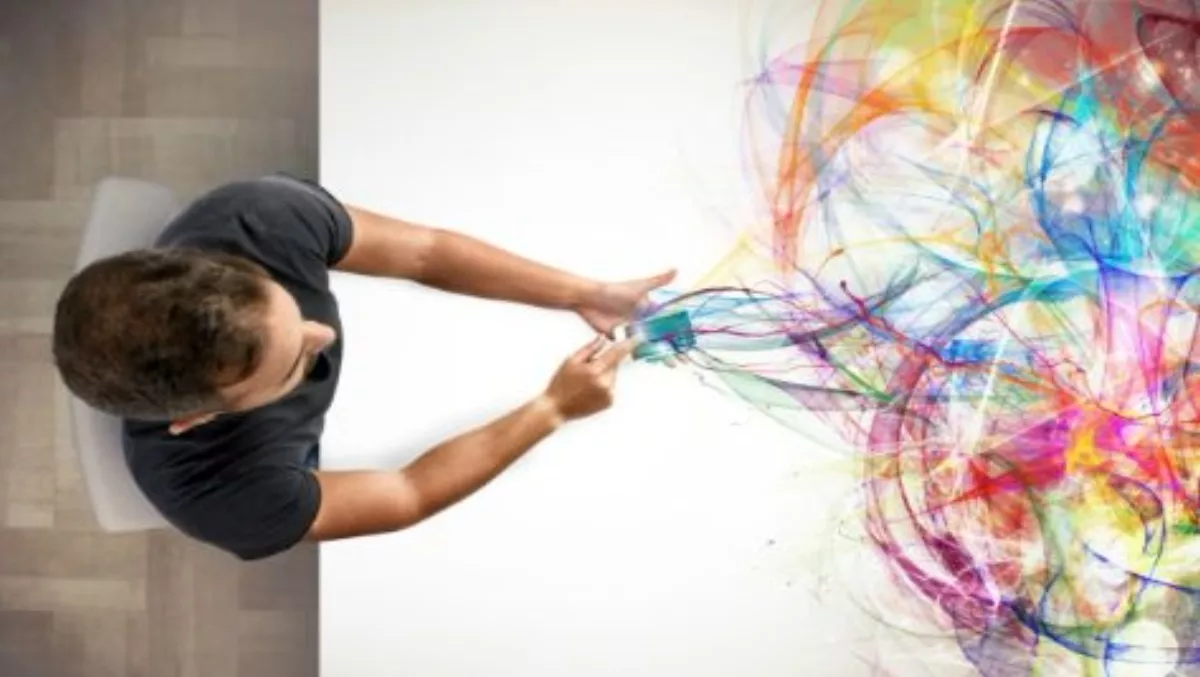
How maker culture activates innovation in Kiwi classrooms
'Maker culture' is a term generally given to inventors, designers and creative types. However, it is gaining ground as a tool to activate creative learning and innovation within the classroom, according to CORE Education.
Creativity and innovation are skills that are recognised as increasingly important in both the learning environment and workplace. This, in turn, creates a requirement to understand how better to cultivate and teach these skills more effectively within the classroom setting.
"The shift to 'making' in education represents the perfect storm of new technological materials, expanded opportunities, learning through first-hand experience, and the basic human impulse to create.
"It offers the potential to make classrooms more active, child-centred, relevant, and sensitive to each child's remarkable capacity for creativity and self-reliance," says Derek Wenmoth, CORE Education director.
In order to address this idea and show educators how they can embrace maker culture, CORE Education is hosting a Ulearn, Permission to Play event on October 6 in Auckland.
The event will combine key presentations with practical, hands-on sessions where educators can learn more about tools that can be used to create a maker space in the classroom, such as games, coding and 3D-printing.
"It is widely recognised that the best way to activate learning in the classroom is to have learners make something and this philosophy has formed the basis of CORE Educations pre-conference session at Ulearn15," says Wenmoth.
"Permission to Play will provide an opportunity for beginners to experience what the Maker Movement is all about, and for enthusiasts to extend their maker knowledge and know-how.
"Even without access to expensive hardware, every classroom can become a maker space where students and teachers learn together through direct experience with an assortment of high and low technology materials.
"Whether the skills gained are for hobbies only, or if they enable a career, both students and teachers will be better prepared for a future that values creativity and innovation," he says.
Stephen Lethbridge, Taupaki School principal, started the 'Make Club' 18 months ago at his school to encourage students to participate in creating, building and innovating.
Working with Kim Baars, who is presenting at Permission to Play, they have worked with their staff to equip teachers with skills which encourage their learners to be creative using new technologies and how that translates into real world activity.
Permission to Play will be facilitated by Mark Osborne from CORE Education, with Professor Jane Gilbert (AUT University) and Tim Carr (Mindkits) discussing makerspace drivers,


